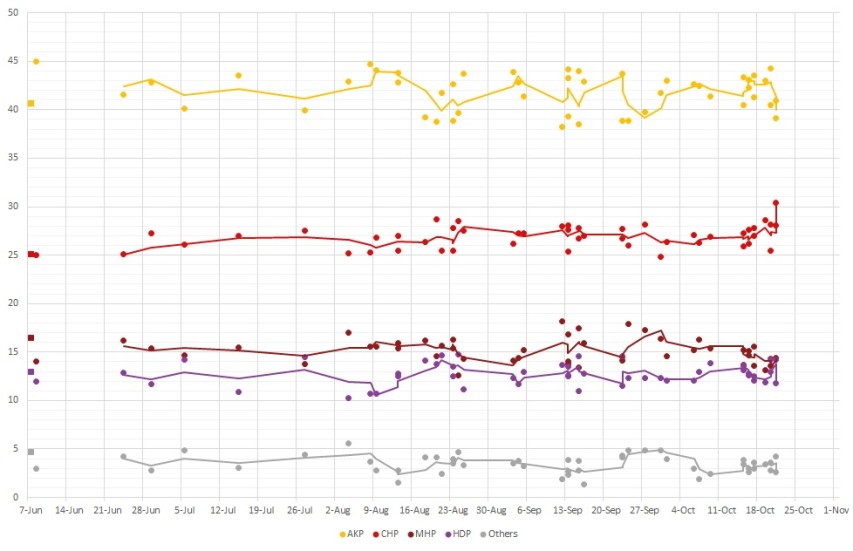Kevin Williamson on the travesty that is the no-fly list:
There are many popular demons in American public life: Barack Obama and his monarchical pretensions, Valerie Jarrett and her two-bit Svengali act, or, if your tastes run in the other direction, the Koch brothers, the NRA, the scheming behind-the-scenes influences of Big Whatever. But take a moment to doff your hat to the long, energetic, and wide-ranging careers of three of our most enduring bad guys: laziness, corruption, and stupidity, which deserve special recognition for their role in the recent debates over gun control, terrorism, and crime.
The Democratic party’s dramatic slide into naked authoritarianism — voting in the Senate to repeal the First Amendment, trying to lock up governors for vetoing legislation, and seeking to jail political opponents for holding unpopular views on global warming, etc. — has been both worrisome and dramatic. The Democrats even have a new position on the ancient civil-rights issue of due process, and that position is: “F— you.” The Bill of Rights guarantees Americans (like it or not) the right to keep and bear arms; it also reiterates the legal doctrine of some centuries standing that government may not deprive citizens of their rights without due process. In the case of gun rights, that generally means one of two things: the legal process by which one is convicted of a felony or the legal process by which one is declared mentally incompetent, usually as a prelude to involuntary commitment into a mental facility. The no-fly list and the terrorism watch list contain no such due process. Some bureaucrat somewhere in the executive branch puts a name onto a list, and that’s that. The ACLU has rightly called this “Kafkaesque.”
Here’s where our old friends laziness and stupidity play a really prominent role: The no-fly list is not composed of identities, but merely names. Lots of people share the same name. So, for instance, the late Senator Ted Kennedy ended up on the no-fly list, because somebody had used his name (or a similar name) as an alias. Among people called “Kevin Williamson,” we find myself, the famous Scream screenwriter, a notable Scottish politician and political activist (he is also the author of Drugs and the Party Line), a Canadian entertainment journalist, a fine woodworker who sells his wares on Twitter, and a famous underwear model for whom I am unlikely to be mistaken. If a trip to the DMV or the IRS one day eventually sends me over the edge into full-on barking mad durka-durka-Mohammed-jihad territory, those other Kevin Williamsons are going to suffer simply because we share a name.
And, of course, every third actual dirtbag terrorist has the same name as a million other ordinary schmoes, because Arabic names tend to be a little repetitive. (Is there a Mohammed al-Mohammed in the house? Seriously, go to LinkedIn and see how many graphic designers and accountants walking this good green Earth share that name.)




